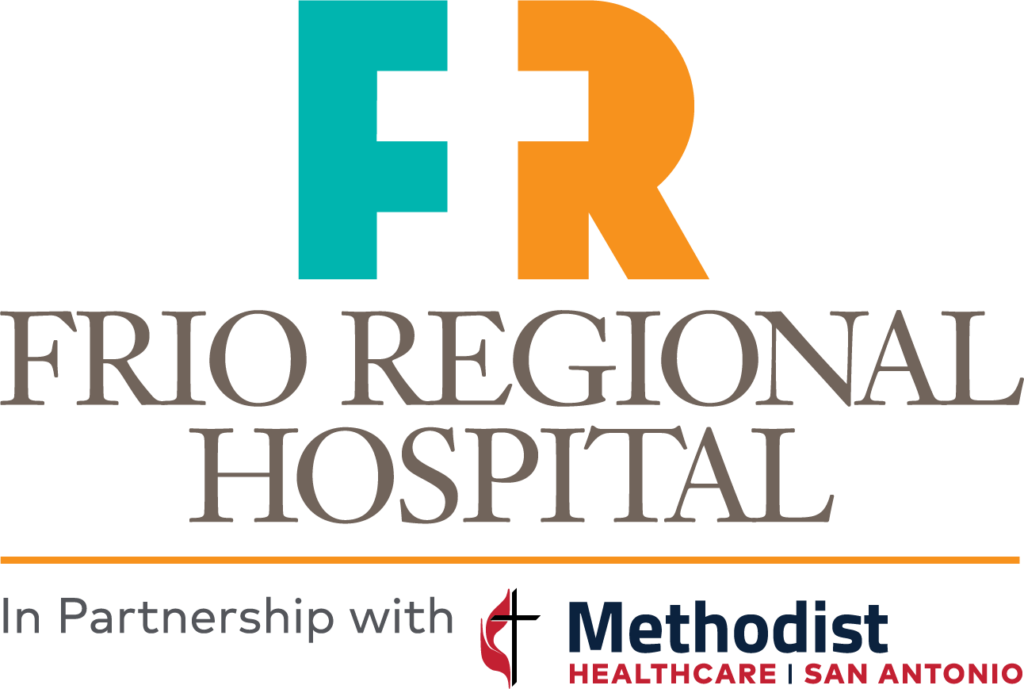Quiz – Arrhythmias: true or false?

At some point in life, many adults have an abnormal heart rhythm, also called an arrhythmia. Their hearts may beat too slowly—fewer than 60 beats per minute. Or they may beat too quickly—more than 100 beats per minute. Do you know how an arrhythmia might affect you?
True or false: If you had an arrhythmia, you'd feel it.
False. Not necessarily. When it’s very brief, an arrhythmia may have almost no symptoms. You may never know it happened. On the other hand, it can make you feel as though your heart is skipping a beat or racing. You could also faint or feel light-headed.
True or false: Many arrhythmias are harmless and don't need treatment.
True. Arrhythmias can be harmless. But some are serious—even life-threatening. Fortunately, they can often be successfully treated.
Treatments include:
- Lifestyle changes.
- Medications.
- A pacemaker or implanted defibrillator.
- A catheter-based procedure called cardiac ablation.
- Surgery.
True or false: An abnormal heart rhythm can cause a stroke.
True. Atrial fibrillation (AF)—the most common kind of arrhythmia—dramatically raises stroke risk. People who have AF are up to five times more likely to have a stroke than those who don’t have it. Signs of AF include a racing, fluttering or pounding feeling in the heart. Tell your doctor right away if you experience any of these symptoms.
True or false: An arrhythmia is a structural problem, so a heart-healthy diet won't prevent it.
False. Heart disease causes many arrhythmias. So it’s important to care for your heart with a healthy diet. Eat plenty of fruits and vegetables and whole grains. Also include fat-free or low-fat dairy products and lean meats, poultry without skin, fish high in omega-3 fatty acids, nuts, seeds, beans and peas. Go easy on salt, added sugars and solid fats.
True or false: Caffeine might make your heart beat irregularly.
True. Some people have heart palpitations when they drink coffee or eat chocolate. Some over-the-counter medicines and dietary supplements can also make your heart beat irregularly. So always check with your doctor before taking a new medicine or supplement.
How’s your heart health? It matters at any age. You can take stock of your heart disease risk and make healthy changes to reduce it.
Sources
- American Heart Association. “The American Heart Association Diet and Lifestyle Recommendations.” https://www.heart.org/en/healthy-living/healthy-eating/eat-smart/nutrition-basics/aha-diet-and-lifestyle-recommendations.
- American Heart Association. “Is Caffeine a Friend or Foe?” https://www.heart.org/en/news/2022/08/08/is-caffeine-a-friend-or-foe.
- American Heart Association. “Prevention and Treatment of Arrhythmia.” https://www.heart.org/en/health-topics/arrhythmia/prevention–treatment-of-arrhythmia.
- American Heart Association. “What is an Arrhythmia?” https://www.heart.org/en/health-topics/arrhythmia/about-arrhythmia.
- American Heart Association. “Why Atrial Fibrillation Matters.” https://www.heart.org/en/health-topics/atrial-fibrillation/why-atrial-fibrillation-af-or-afib-matters.
- Heart Rhythm Society. “Common Treatments.” https://upbeat.org/common-treatments.
- Heart Rhythm Society. “Heart Rhythm Disorders.” https://upbeat.org/heart-rhythm-disorders.
- Heart Rhythm Society. “Patient Information Sheets.” https://upbeat.org/patient-information-sheets.
- MedlinePlus. “Atrial Fibrillation.” https://medlineplus.gov/atrialfibrillation.html.
- National Heart, Lung, and Blood Institute. “Arrhythmias: Causes and Triggers.” https://www.nhlbi.nih.gov/health/arrhythmias/causes.

